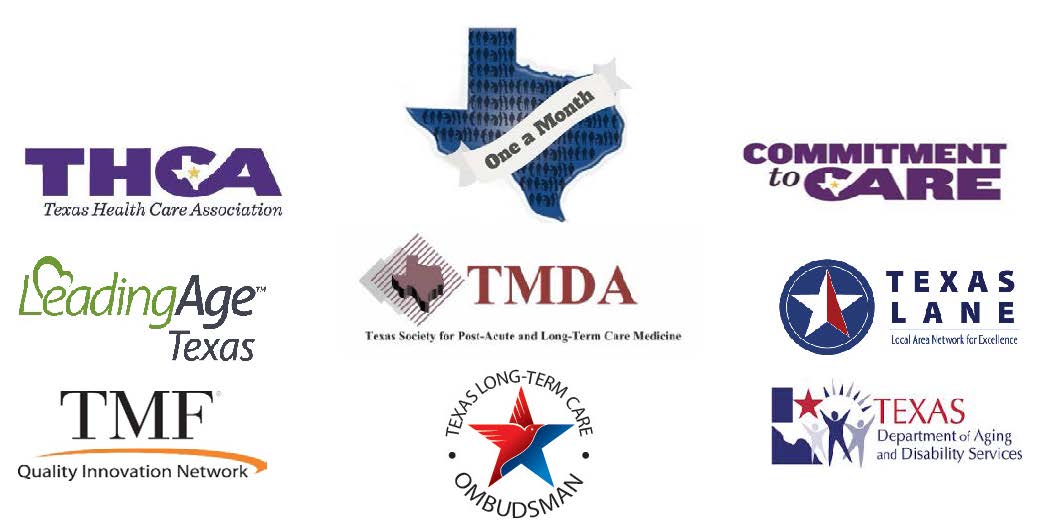THCA Presents Representative Four Price with Long Term Care Champion Award
For Immediate Release Contact: Rebecca Reid
December 16, 2015 410-212-3843
Texas Health Care Association Presents Long Term Care Champion Award To Representative Four Price for Legislator’s Dedication to Seniors
Representative’s Legislative Track Record Supporting Senior Health Care and Long Term Care Provider Issues Earns Recognition
(Amarillo, TX) – Lauded for his unwavering support for public policy that advances the efforts of long term care providers to deliver quality, compassionate skilled nursing care to Texas seniors, Representative Four Price, R-Amarillo, was presented the Champion of Long Term Care Award today by the Texas Health Care Association (THCA), the state’s largest association representing nursing home providers.
“Following each legislative session, it is THCA’s honor to recognize steadfast advocates of long term care, who, through their leadership and dedication, work to assist providers in their ability to improve health outcomes of elderly patients and enhance their quality of life,” said Kevin Warren, President of THCA. “Representative Four Price has demonstrated a keen interest in and knowledge of long term care issues impacting providers, caregivers and aging Texans. He shares with long term care providers the ongoing commitment to elevate the quality of care for seniors.”
Representative Price serves as chair of the House Appropriations Article II Subcommittee, which oversees budgetary matters for health care and sits on the House Human Services Committee that has jurisdiction over most health care issues.
“The Champion of Long Term Care award is one I accept with appreciation and I hope is illustrative of my continuing support of Texas seniors and the quality of their healthcare,” said Price. “All of us would like to age with dignity and grace and remain productive as long as possible. Public policy and our long term healthcare delivery system should encourage and support those goals and ensure Texas seniors are cared for with the compassion and dedication they deserve.”
The award ceremony was held at Ussery Roan Texas State Veterans Home located in Amarillo. Representative Price was joined by caregivers, elderly residents and their family members and local dignitaries as he was recognized for his leadership on public policy impacting elderly Texans and those who provide them long term care.
In addition to Representative Price and THCA president Kevin Warren, other attendees included Mark McKenzie, CEO of Senior Care Centers and Chairman of the THCA board; Janet Morris, facility administrator for Ussery Roan Texas State Veterans Home and Mr. Jimmie Ensminger, President of Ussery Roan Resident Council.
# # #
About THCA
Founded in 1950, the Texas Health Care Association (THCA) is the largest long-term care association in Texas. THCA’s membership is comprised of several hundred licensed non-profit and for-profit skilled nursing facilities (SNFs), specialized rehabilitation facilities and assisted living facilities in Texas. These facilities provide comprehensive, around-the-clock nursing care for chronically ill or short-term residents of all ages, along with rehabilitative and specialized medical programs. THCA also represents more than 190 long-term care businesses that provide products and services to the state’s approximately 2,850 nursing homes and assisted living facilities. To learn more, visit https://txhca.org/ or connect with THCA on Facebook, Twitter and YouTube.






